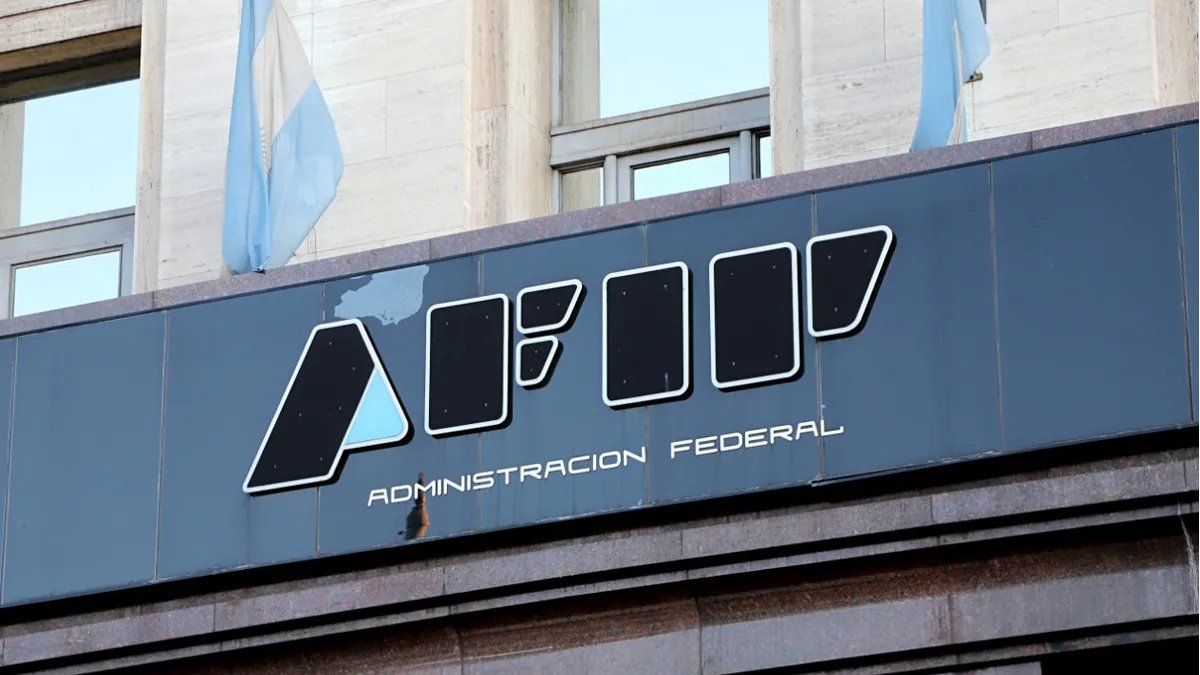The mechanism that is in force was launched in 2021 but only for new developments with a level of progress of less than 50%. As there was little time to externalize, the Government extended the terms of the program through a new law in 2022 and then with the 2023 Budget it was expanded to allow the repatriated dollars to be used to buy used homes for family use or rental, and, in the In the case of SMEs, to import inputs and raw materials for production.
According to AFIP data, only US$47.3 million was declared for the first program for construction. Since the Money Laundering Law came into force in March 2021, 1,738 real estate projects have been registered in the regime, which total an area of 33.5 million square meters (more than 200,000 homes). This includes constructions for commercial and residential purposes, subdivisions for urbanization purposes, among other works, which will be inaugurated between the end of 2023 and 2025.
The regulation of CEPRO.Ar accounts by the Central Bank occurred on January 19 through communication “A” 7675. Now the AFIP is asking the banks to add this type of accounts to the general information system, which includes: “Special fund repatriation account – Solidarity and extraordinary contribution. Law 27,605”, “Special Deposit and Cancellation Account for Argentine Construction (CECON.Ar). Law 27,613”, “Repatriation Savings Bank – Law No. 27,541” and the “Special Account for Holders with Agricultural Activity – Communication ‘A’ 7556”.
This Wednesday, meanwhile, the term to launder paying a special tax of 10% will expire and from then on it will be necessary to pay a rate of 20%. Vicente Lourenzo, tax advisor specializing in SMEs, stated that “the problem is that one can assume that when the dollars are deposited into the special account they are already laundered and this is not the case.”. “The operation is closed when the funds are released for the developer or the seller and that happens after uploading the certificates. If a person does not get a work or a house with a certificate, the dollars remain in the account, ”he explained.
After that, there will be a period until August 31 to be able to externalize funds by paying the highest tax, and then the regime will close. But the tax advisors agree that in the course of the ordinary sessions of Congress it is probable that the ruling party can unlock the paralysis of the Chamber of Deputies and that the bill sent by Sergio Massa that does not include mandatory repatriation can be refloated.
Source: Ambito




